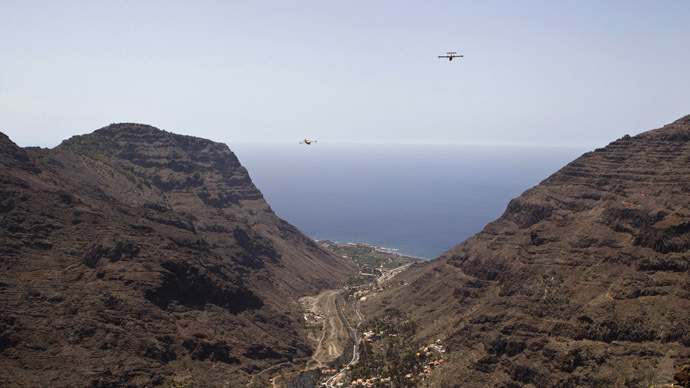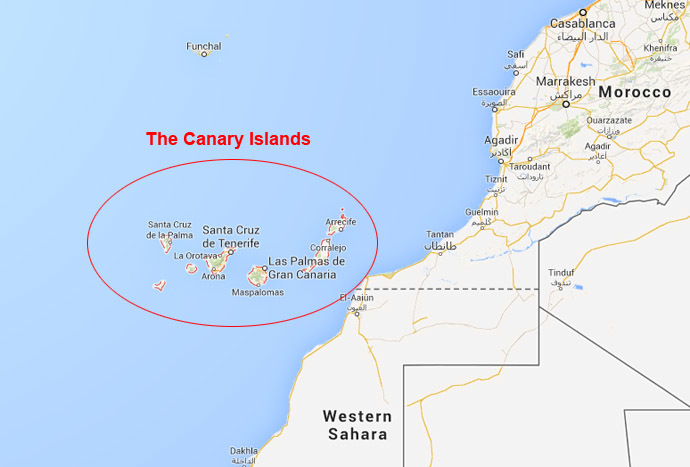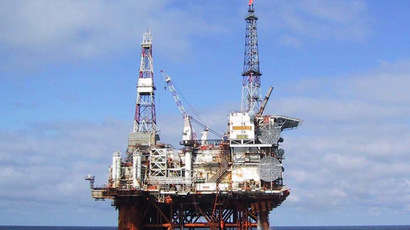Madrid approves $10bn oil exploration project in Canaries despite protests

Spain’s biggest oil company Repsol has passed its final hurdle to begin exploring oil reserves off the coast of the Canary Islands, Africa’s northwest waters. The approval from the Energy Ministry came despite protests from environmentalists.
Spain’s government published the approved drilling plan on Wednesday.
The Energy Ministry gave the project the go ahead in May, after a decade-long standoff with local politicians in the Canary Islands, tourism officials warning of the cost of an oil spill to the economy, and environmentalists worried about how drilling will change the ecology and effect endangered species.

The Archipelago, home to 2 million, heavily relies on the 12 million tourists that come to the islands each year. Tourism is the biggest industry in the Canaries, where one in every three people is unemployed.
The company plans to invest $10 billion in developing 3 oil wells along with its German and Australian partners, RWE AG. and Woodside Energy Ltd.
RWE has estimated that the 3 ready to drill wells contain 482 millions of barrels in oil reserves. Madrid-based Repsol plans to drill at a depth of 1 km into the sea, and then another 3.5 kilometers into the Earth’s crust to extract the black gold.
Neighboring Morocco has tried, and failed to drill in its waters near the Canary Islands.
The drilling off the coast of the Lanzarote and Fuerteventura islands is estimated to provide the nation with 10 percent of its natural demand if operations are at full production, or 140,000 barrels per day over 30 years.
The project sparked waves of environmental projects, with numbers surging to 150,000 and 200,000 attending a June demonstration against drilling.
The 41-page document released Wednesday reveals that Repsol will pay up to $80 million up front to cover environmental and civil liabilities.














